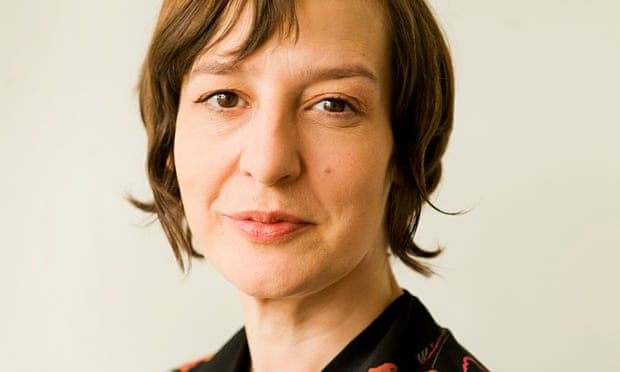Forget Fidel Castro’s policies. What matters is that he was a dictator
Zoe
Williams says, "Forget Fidel Castro’s policies. What matters
is that he was a dictator". In one sense of course, she is right
as Fidel Castro was a dictator, albeit that the description could be
interpreted in a number of ways. However, to say "forget Fidel
Castro's policies", ignores and trivialises the predominant
truth of the Cuban revolution and its subsequent social structure.
On
the 1st January 1959, the 26th of July Movement and its allies,
finally overthrew the corrupt and despotic President Fulgencio
Batista and his authoritarian government, after some 6 years of
sporadic fighting.
| Fulgencio Batista, Cuban president and crime syndicate chief? |
The
Batista government had political, financial and military support from
the United States after seizing power in a military coup just prior
to the 1952 Presidential elections. He quickly established a corrupt
and repressive government, profiting from the exploitation of Cuba's
commercial interests and establishing very close relationships with
American business interests and organised crime in the form of the
American Mafia who
controlled the drug, gambling, and prostitution businesses,
flourishing in
Havana
and dominating the Cuban economy.
The Batista government was in fact held in office by the military but
perhaps more importantly by organised crime. The "Bureau
for the Repression of Communist Activities",
a state run terrorist organisation
employing a number of Mafia operatives, carried out wide scale
violence, torture and public executions against the people of Cuba,
ultimately killing hundreds of thousands of people, men women and
even children.
The
majority of ordinary Cuban people at that time, lived in abject
poverty with very low life expectancy, no health care, little
education and an
illiterate population. In many ways, the Cuban people were in a worse
situation than most other "third world" countries.
Following
the 1952 coup, Fidel Castro,
at that time a
young lawyer,
petitioned for the overthrow of Batista, whom he accused of
corruption and tyranny. However, Castro's constitutional arguments
were rejected by the Cuban courts.
After
deciding that the Batista
regime
could not be replaced through legal means, Castro resolved to launch
an armed revolution.
Following
the overthrow of the Batista regime, the Castro government introduced
a wide range of social reforms, introducing equality for black Cubans
and greater rights for women and implementing improvements to
communications,
medical facilities, health, housing, and education.
By
the end of the 1960's, all Cuban children were receiving education,
unemployment
and corruption were reduced, and great improvements were made in
hygiene and sanitation.
Free
health care, free education, building schools, hospitals and public
utilities together with other
reforms introduced by the Castro government have elevated Cuba to
first-world
levels of literacy and life expectancy.
All this against a background of crippling trade and economic
sanctions and embargo's enforced by the United States for almost 50
years as some form of collective punishment for the removal of
Batista and Cuba's refusal to toe the American line.
Zoe
Williams may well brand him as a dictator and criticise his human
rights record, but she cannot detract from Castro's policies or
achievements.
 |
| Zoe Williams |

Comments
Post a Comment